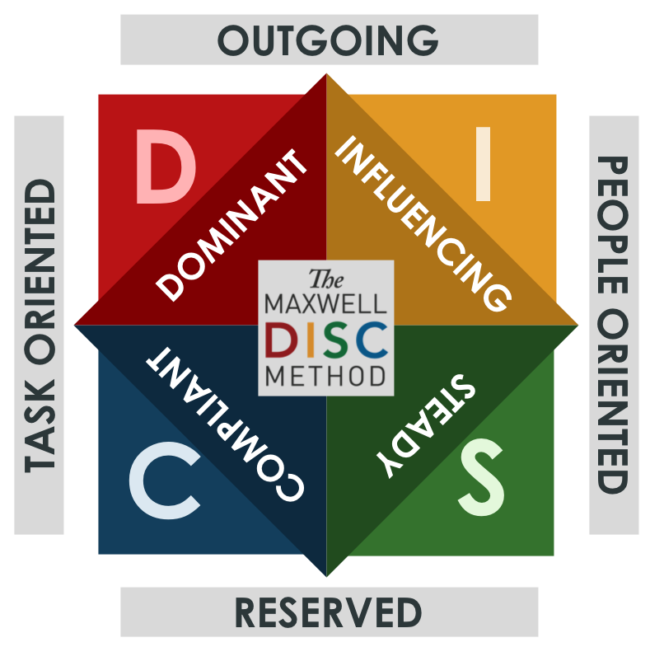As Jesus and his disciples were on their way, he came to a village where a woman named Martha opened her home to him. She had a sister called Mary, who sat at the Lord’s feet listening to what he said. But Martha was distracted by all the preparations that had to be made. She came to him and asked, “Lord, don’t you care that my sister has left me to do the work by myself? Tell her to help me!”
“Martha, Martha,” the Lord answered, “you are worried and upset about many things, but few things are needed—or indeed only one. Mary has chosen what is better, and it will not be taken away from her.” (Luke 10:38-42)
VERTICAL AND HORIZONTAL RELATIONSHIP DYNAMICS
Of course the usual point drawn from the Mary and Martha anecdote is importance of “slowing down for loving union with Jesus,” “being with Jesus rather than doing for Jesus” et. And that is all true. In fact, I have a mentor who suspects that even “if Martha were to sit at the feet of Jesus, she would still be distracted by everything on her mind. Her inner person is touchy, irritable, and anxious” (Peter Scazzero). Granted, this account is about our vertical relationship with God (spirituality) but what about the possibility that these two sisters were wired differently in relating to people (horizontally)?
MARY IS A PEOPLE PERSON; MARTHA IS A PROJECT PERSON
I just finished re-reading the story of Mary and Martha and couldn’t help noticing that these sisters of Lazarus must’ve had very different personalities. Before we assume Mary was spiritual just because she sat at the feet of Jesus listening to him or that Martha was unspiritual just because she was running around choring and checklisting, think again: both were friends of Jesus. They had invited Jesus into their home (if you like, even into their hearts) to sup with them. They were both spiritually connected, so-to-speak.
Martha most likely was a high D or high C, highly task-oriented; while Mary in all probability was a high I or high S, highly people-oriented. Personally, knowing that people are wired differently from me, personality-wise, has ‘cut my sinning in half,’ in the sense that many things I’ve wrongly judged in people as a moral, ethical or even spiritual issue have now proven to be just different, not a matter of right or wrong.
My mentor asked, “in what way(s) did your to-do list, distractibility, or perfectionism keep you from loving and enjoying Jesus or the people around you?” That is is when I noticed I hardly keep in mind that time for tasks often means no time for people (or Jesus for that matter). “Opportunity cost,’ that’s what the economists like my dear wife call it. I’m finding that I need to set fixed goals and fixed hours for tasks and whack them like Martha, so I’m also able to make quality time for people with the rest of my time (not necessarily ‘surplus’ time), to be fully present with Jesus and with people, like Mary.
In fact, often über project-oriented people have to set making time for relationships as a task in order to make it happen. Meanwhile someone needs to tell people-oriented people to also get some work done!
DISCOVER YOUR DISC
Scottish Olympic medalist Eric Liddell said, “I believe God made me for a purpose, but he also made me fast. And when I run I feel His pleasure.” People-oriented and project-oriented folks can both bring God pleasure; they both can impact people for good. Both their being and their doing can please God and bless people.
Everyone reading this has done the DISC personality assessment, I hope. If you haven’t, may I suggest it’s one of the first steps in knowing yourself better so you can have healthier relationships and deeper fulfillment leading a life of significance–and all the while just being yourself. If you need to take it, drop me a note ASAP (yawperbi@gmail.com).












